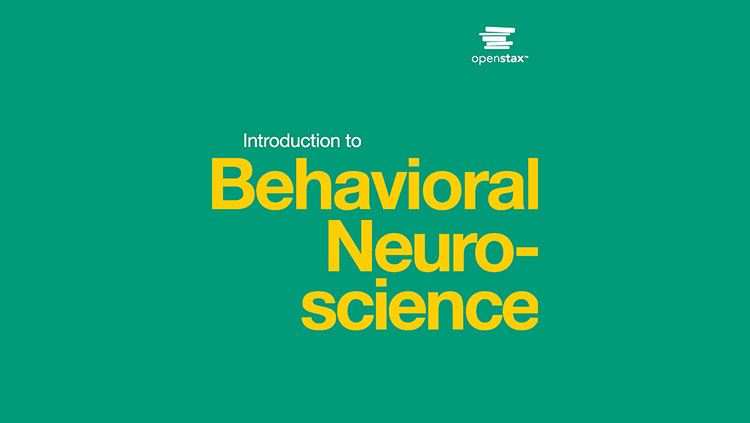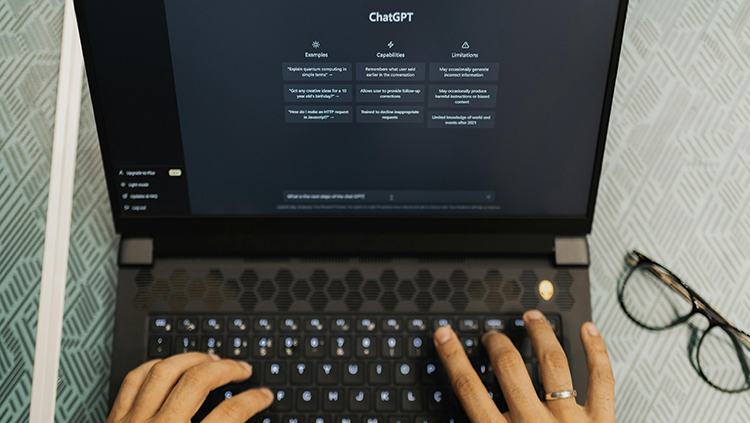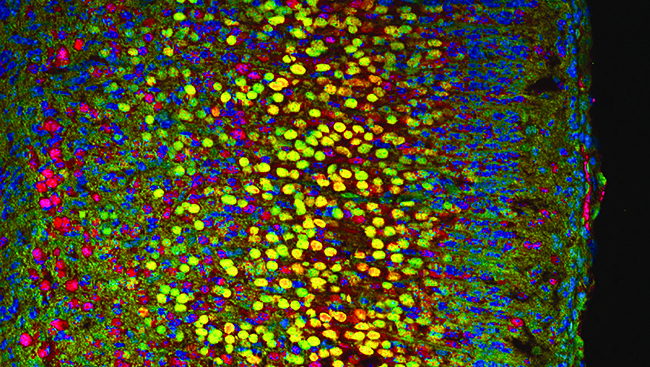Processing and analyzing massive data sets is a major challenge, but training neuroscientists how to use them is integral to moving the field forward.
Hear from Russell Poldrack, co-creator of OpenfMRI, and Robert Williams, co-creator of the Mouse Brain Library (MBL), to hear about how the large open databases they helped build are enabling researchers to access and analyze reliable data. Also learn how to use open data sets like OpenfMRI and MBL in training settings to help neuroscientists enhance their statistics and computational skillsets.
Speakers

Russell Poldrack, PhD
Russell Poldrack is Albert Ray Lang Professor of Psychology in the department of psychology at Stanford University. His research uses neuroimaging to understand the brain systems underlying decision making and executive function. Poldrack’s laboratory is also actively developing tools to disseminate and analyze large datasets, including OpenfMRI.org, Neurovault.org, and Cognitiveatlas.org. He received his PhD in experimental psychology at the University of Illinois in Urbana-Champian and completed a postdoc at Stanford University.

Robert Williams, PhD
Robert Williams is a professor and the UT-Oak Ridge National Laboratory Governor's Chair in Computational Genomics in the department of anatomy and neurobiology at the University of Tennessee Health Science Center. Over the past several years, his team has produced unique tissue and transcriptome resources and companion on-line analytic and stereological tools as part of the Mouse Brain Library (www.mbl.org) and GeneNetwork (www.genenetwork.org). This set of neuroinformatics resources is now being used by neuroscientists and geneticists to systematically study the complex genetics of the mammalian brain in terms of development, architecture, function, and pathology. He received his PhD in physiology from the University of California, Davis and completed a postdoc at Yale University.
1 of 5 articles left
Login
or
Become a Member
to unlock content







